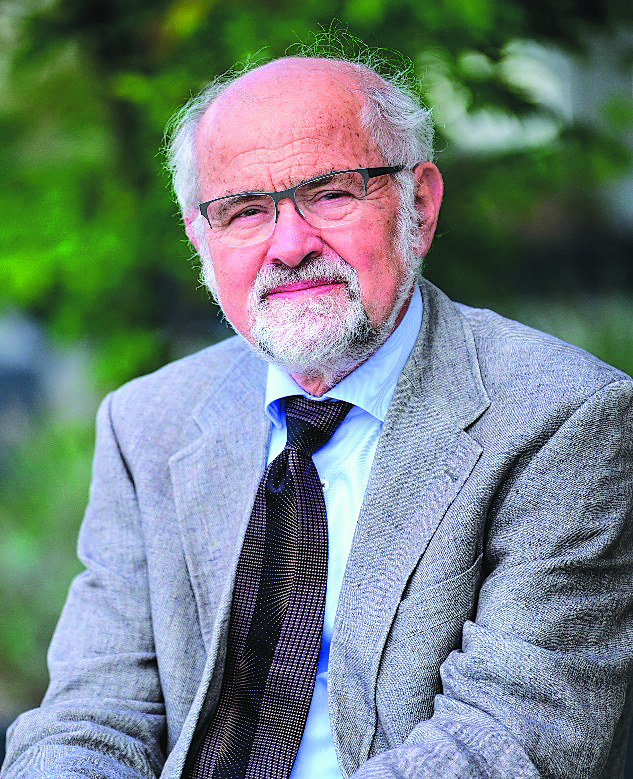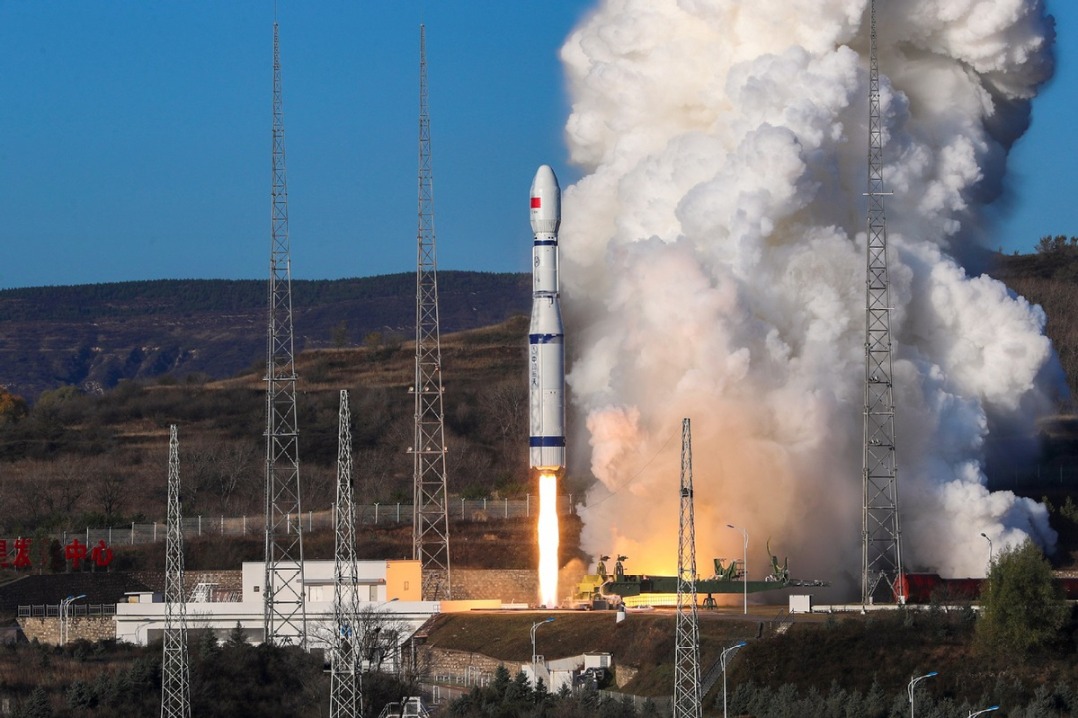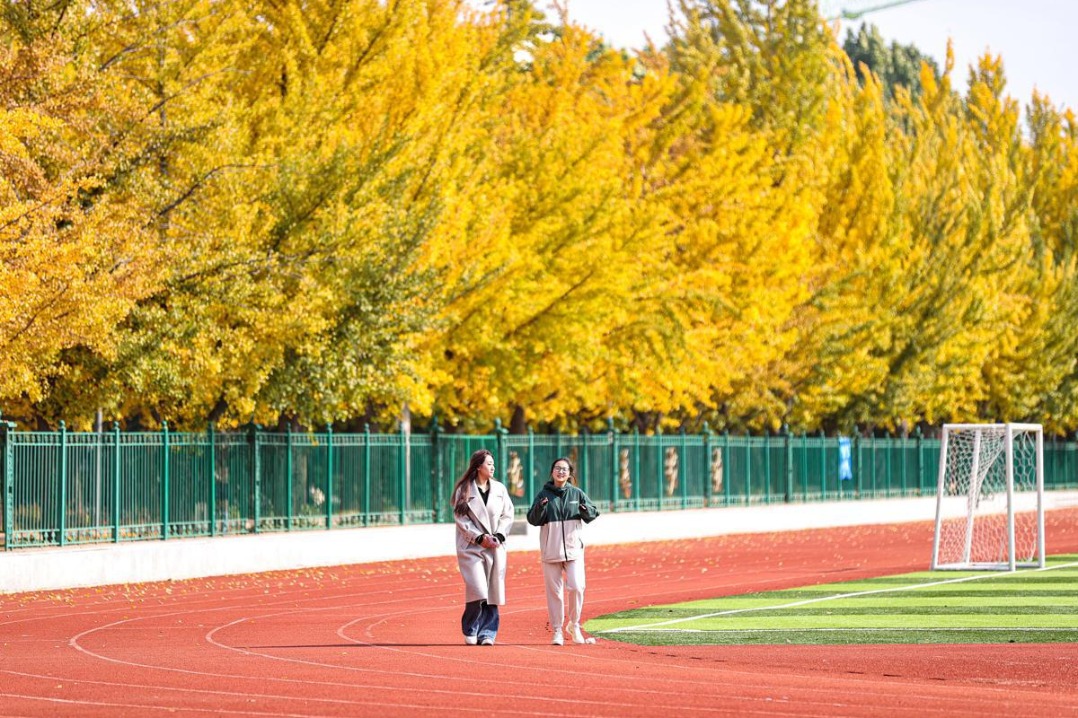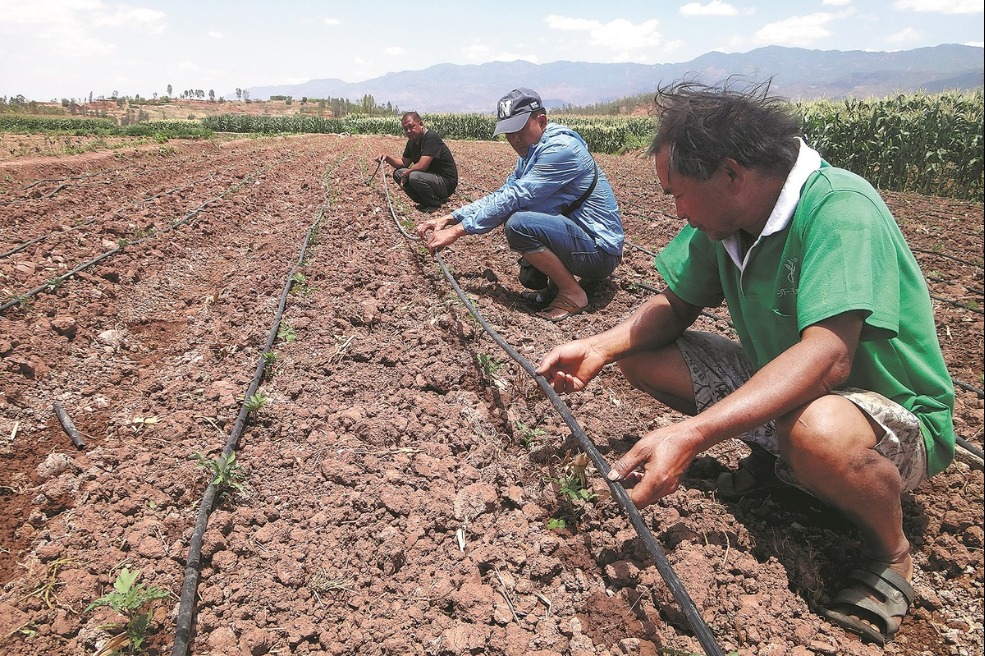Nobel laureate lauds China's rapid development


Erwin Neher, one of the winners of the 2024 Chinese Government Friendship Award, lavished praise on the nation's achievements in science and technology, saying the development here is occurring far more rapidly than in his native Germany.
In an exclusive interview with China Daily in Macao on Thursday, Neher, an expert in cell biology and Nobel Prize laureate, noted that Chinese scientists are making an impression on the global stage with their growing contributions and influence.
He also gave a resounding vote of confidence on plans for the Guangdong-Hong Kong-Macao Greater Bay Area to become a world-class hub of innovation and technology that could rival Silicon Valley.
Neher, who joined the Macau University of Science and Technology in 2016 and serves as the head of the biophysical laboratory named after him, has observed substantial growth in Macao's scientific infrastructure over the past eight years.
"Things are happening here maybe 10 times faster than in my home country Germany," Neher commented, noting that every time he returns to Macao, he discovers new developments in architecture, laboratories and equipment.
Neher's laboratory combines research on ion channels with medical studies, driving the industrialization and application of traditional Chinese medicine research outcomes in the Macao Special Administrative Region.
A longtime fan of TCM, the biophysicist, who participated in the interview from a wheelchair as he recovers from a fractured ankle, said he was trying some TCM given to him by a colleague in the lab to help him heal.
Neher received many job offers after winning the Nobel Prize in 1991, but he decided to accept the offer from MUST to set up a lab in Macao.
What attracted him most about the job, he said, is the university's mission to further explore TCM. He sees immense potential in using his techniques to study components isolated from Chinese herbal formulations.
In 2019, he assumed the position of director of the Shenzhen Neher Neural Plasticity Laboratory, the first "Nobel Lab" of neuroscience at the Shenzhen Institute of Advanced Technology, which is part of the Chinese Academy of Sciences.
"Shenzhen, I see it as the most rapidly developing area, basically the most rapidly developing area in the world," he said.
Neher believes that Hong Kong and Macao, when combined with Shenzhen in Guangdong province, have the potential to emulate Silicon Valley in the future, and that the GBA will become a "World Innovation Center".
"The Chinese government makes huge efforts to bring the country forward to improve and amplify science and engineering, particularly in medical sciences," he said.
The scientist was particularly impressed by China's readiness to adopt innovative approaches, which surpasses that of Germany, where new developments are often met with skepticism.
Chinese people's willingness to integrate new methods of communication, payment and other advancements into their daily lives has fostered an ecosystem ripe for technological breakthroughs, he added.
Chinese scientists are now contributing significantly to the international exchange of knowledge, Neher said, as evidenced by their growing presence at major events such as the upcoming World Life Science Conference in Hainan province.
"Chinese scientists do play an increasing role in that international dialogue," he said.
In late September, Neher and others were honored with the 2024 Chinese Government Friendship Award, making him the first scientist from Hong Kong and Macao to receive such an accolade.
Established in the 1950s, the award is the highest honor bestowed upon foreign experts by the Chinese government for their outstanding contributions to the country's development.





































